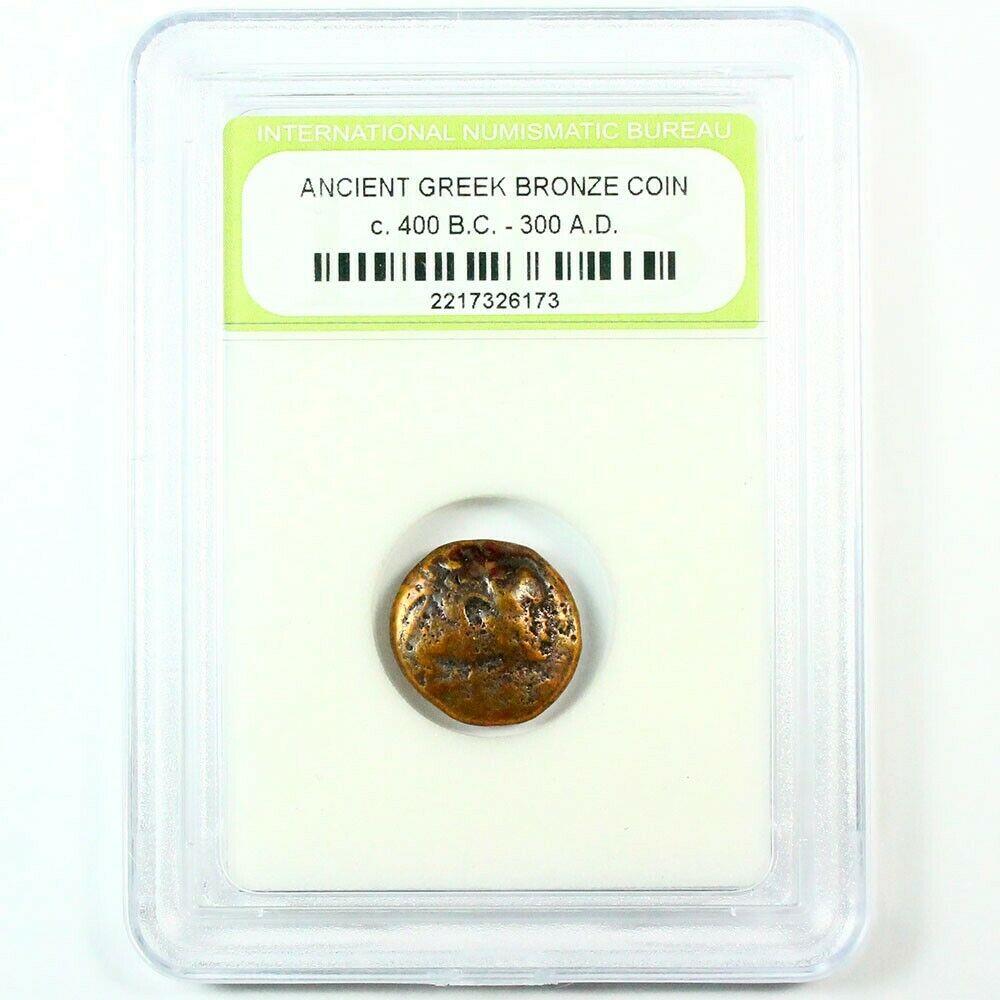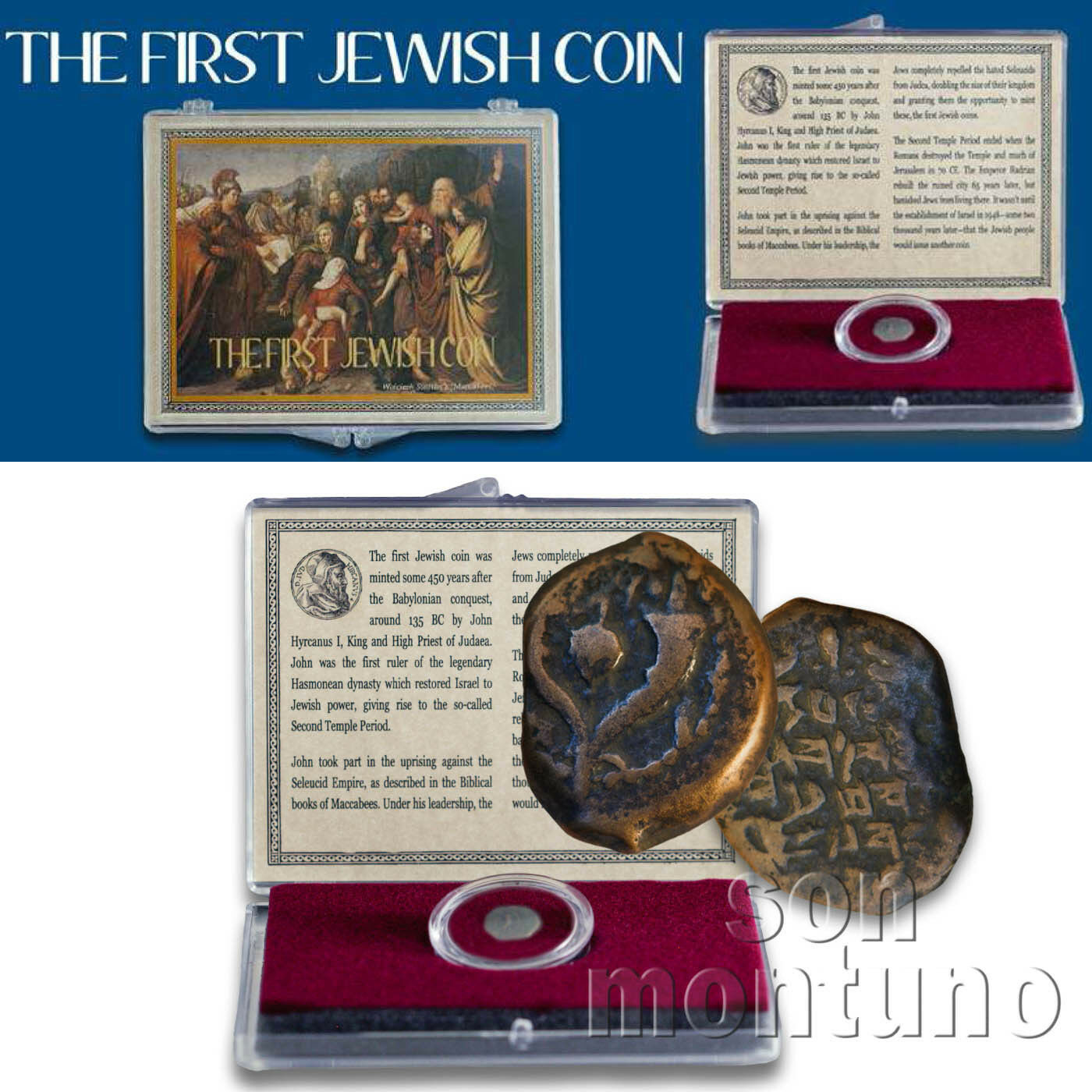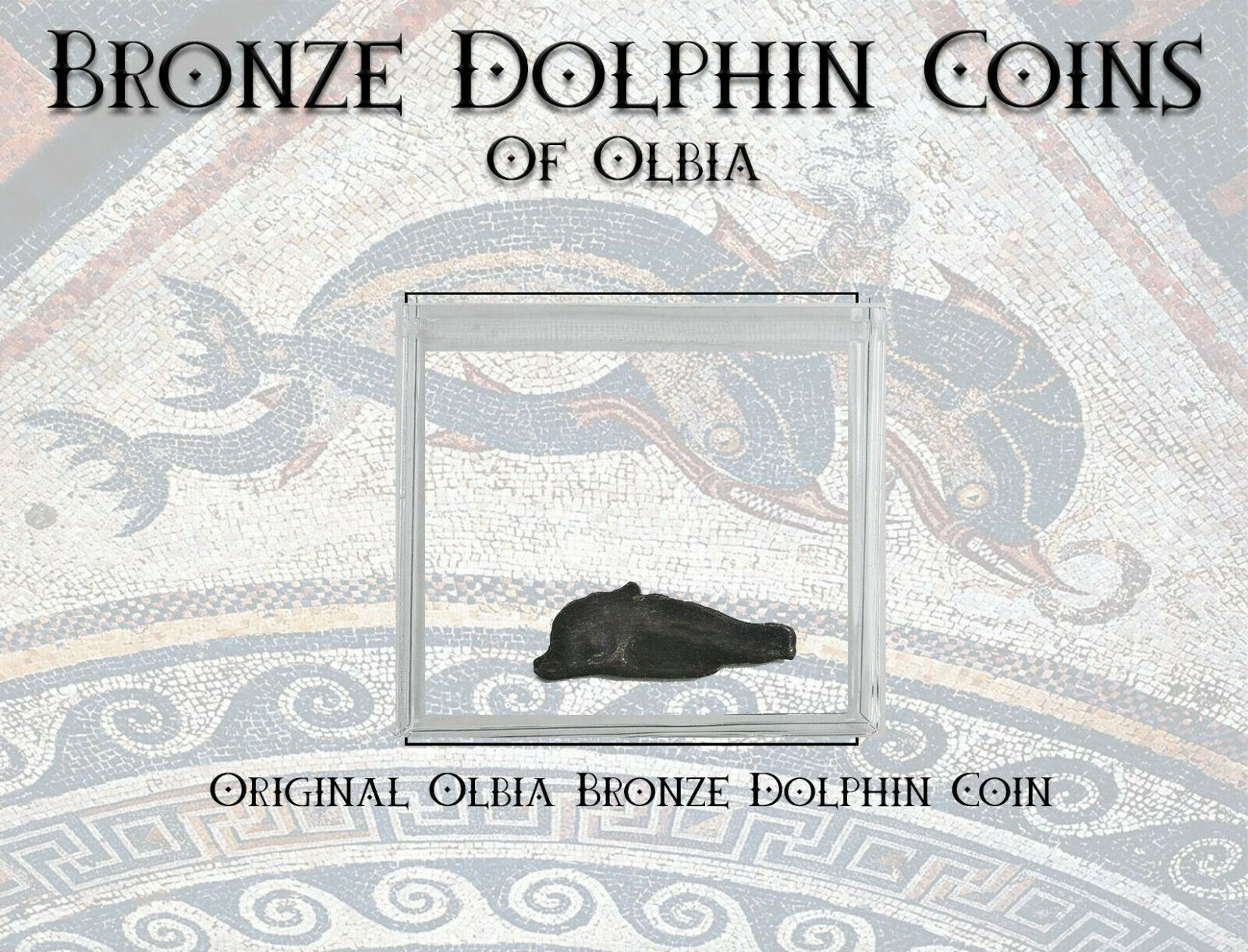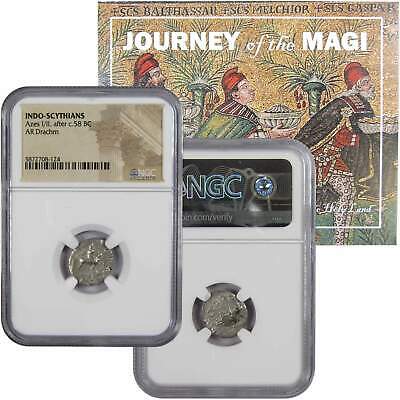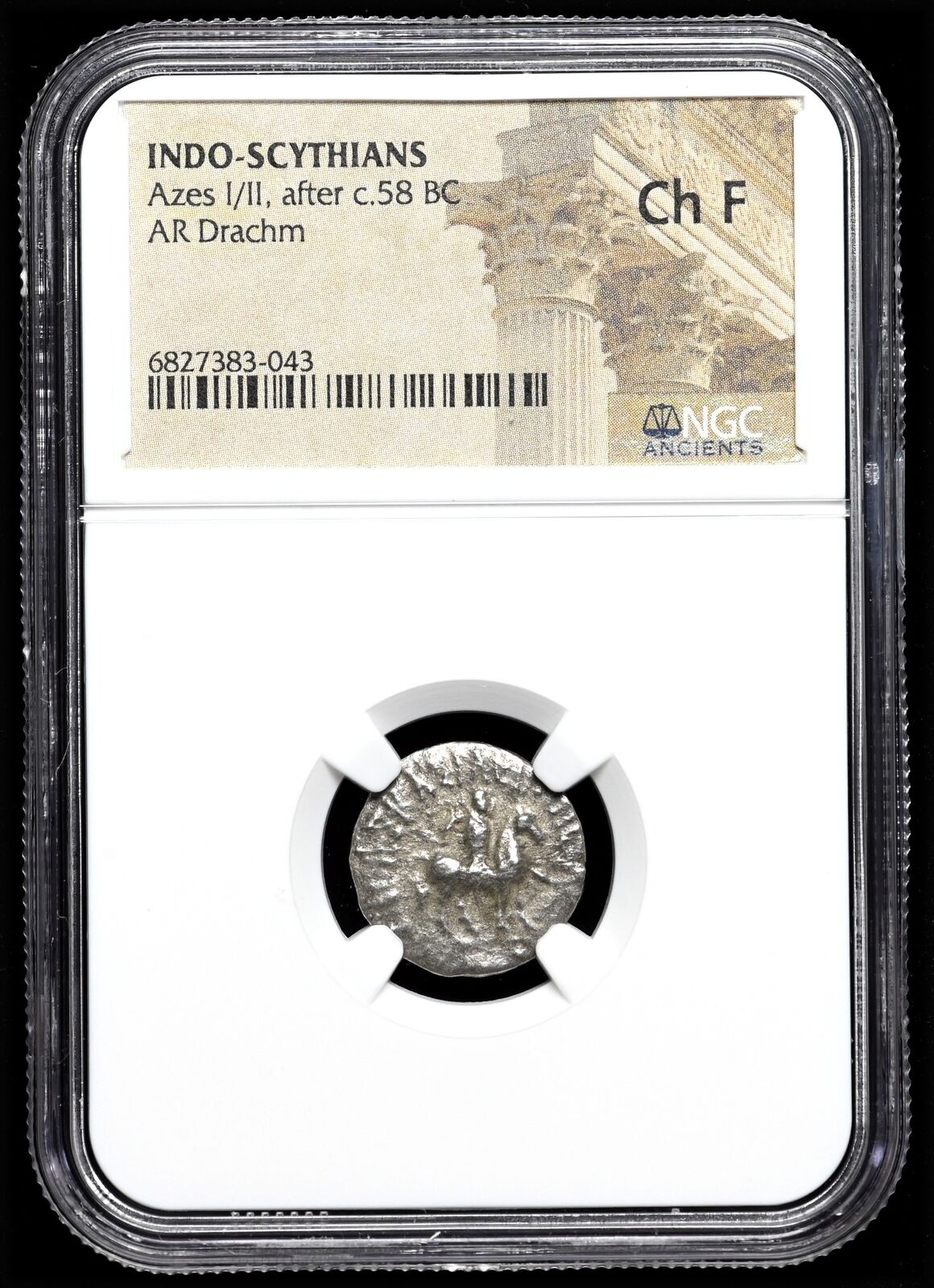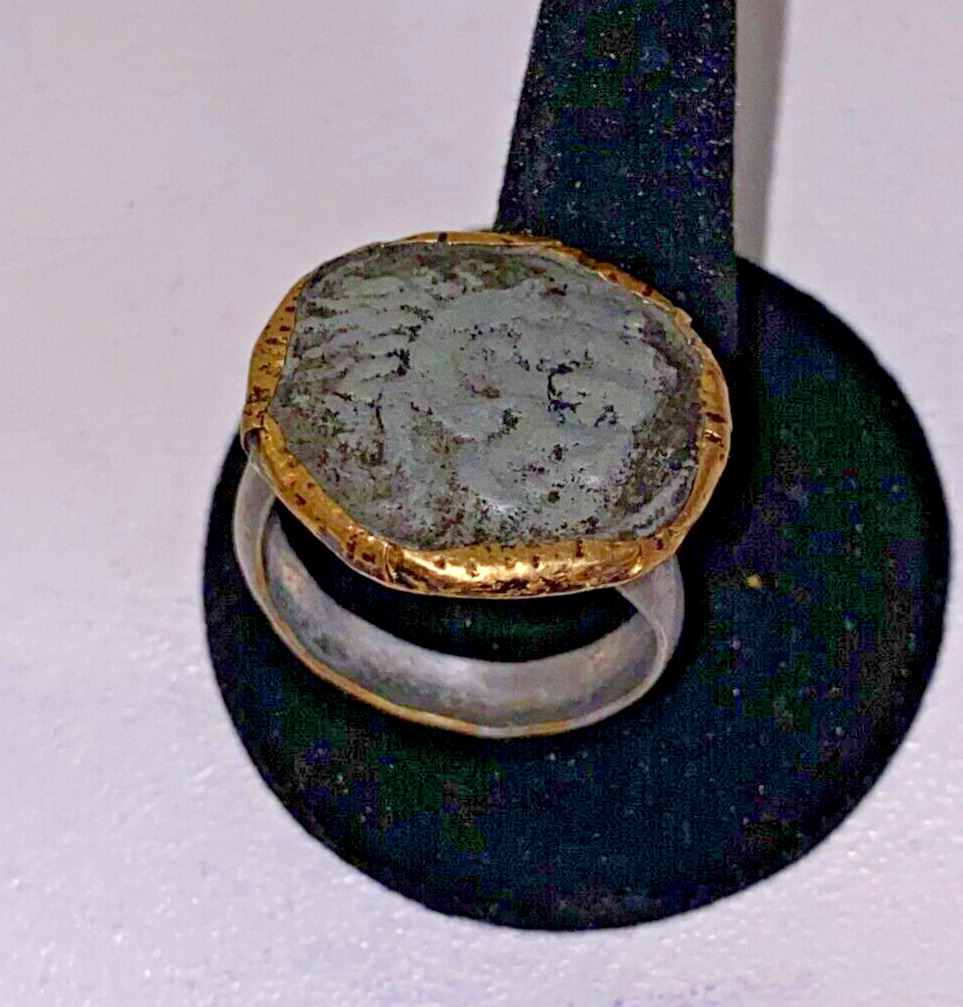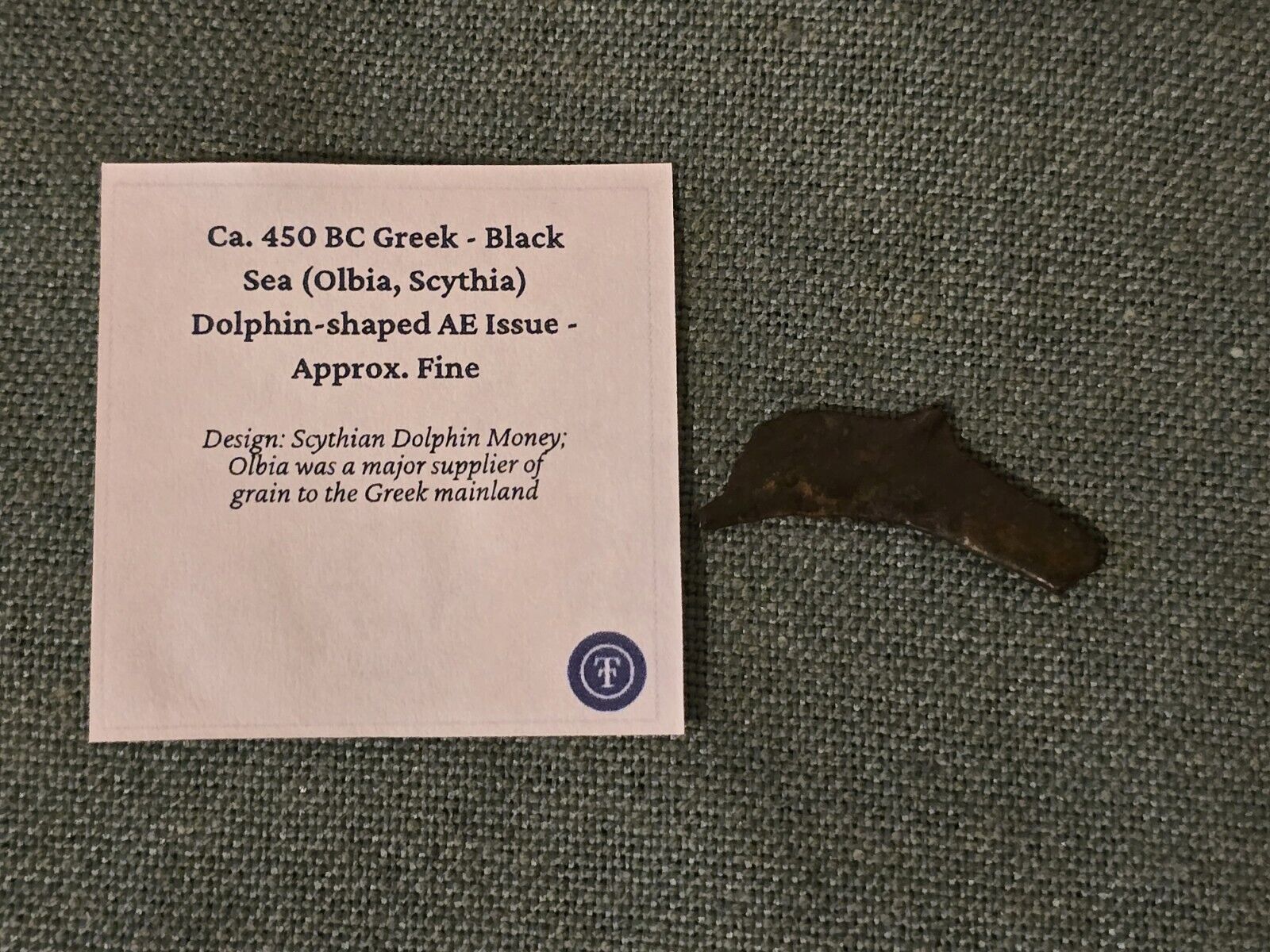-40%
Alexander III the Great - King of Macedonia: 336-323 B.C.Tetradrachm Greek Coin
$ 132
- Description
- Size Guide
Description
Alexander III the Great - King of Macedonia: 336-323 B.C.Tetradrachm Greek Coin16,25 gr.
Alexander III the Great
Alexander the Great (Alexander III of Macedon ; Greek: Alexandros III o Makedon, meaning "Defender of Men") (born in late July in Pella, 356 BC -June 10 ,323 BC ) was King of Macedon ; he unified the warring and divided city states of Greece and conquered Persia ,Egypt and a number of other kingdoms, all the way to the borders of India .
Born Alexander III, he was the son of King Philip II of Macedon and the infamous Epirote princess Olympias , in Pella ,Macedon . According to several legends, Olympias was impregnated not by Philip, who was afraid of her and her affinity for sleeping in the company of snakes, but by Zeus . Aware of these legends and of their political usefulness, Alexander was wont to refer to his father as Zeus, rather than as Philip.
North and east of classical Greece, Macedon was regarded by most Greeks as foreign and semi-barbarian. Olympias herself was from Epirus , another semi-Greek state to the northwest of the Greek peninsula.
Philip selected Aristotle to tutor young Alexander, and their relationship lasted throughout Alexander's life; even after the execution of his nephew, Callisthenes, Aristotle continued to receive presents from the king.
In 336 BC , he succeeded his father on the throne. Philip's assassination, although perpetrated by a disgruntled young man who had been one of Philip's lovers, is now thought to have been planned with the knowledge and possible involvement of either Alexander or Olympias, possibly both. Philip having militarily and diplomatically established Macedonian hegemony in Greece, Alexander set off in 334 BC on his famous conquests, the first and most well known of which was the defeat and subjugation of Persia (which then controled a large area including what are now the modern nations of Iran ,Iraq ,Syria and Turkey ). Within two years, he had conquered the eastern Mediterranean coast, entered Persia, and near the town of Issus defeated the great Persian king Darius III .
In 332 -331 BC , he conquered Egypt and, after defeating Darius again in the Battle of Gaugamela , occupied Babylon . He proceeded to Media and Scythia , captured Herat and Samarkand and went on to India . He adopted some elements of Persian dress and customs at his court, including notably the custom of proskynesis , a symbolic kissing of the hand that Persians paid to their social superiors, but a practice which the Greeks disdained. This cost him much in the sympathies of many of his Greek countrymen. His attempts to merge Persian culture with his Greek soldiers also included having his officers marry Persian wives en masse, and training a regiment of Persian boys in the ways of Macedonians.
Alexander married several princesses of former Persian territories: Roxana of Bactria ; Statira, daughter of Darius III; and Parysatis, daughter of Ochus. Some have contended that the great love of his life was his best friend, Hephaestion ; however, this has been contested by scholars. Roxana eventually gave birth to the boy Alexander IV "Aegus", putatively his son.
Many of his soldiers died when he drove his army further and further east, through deserts and other hostile landscape. Having fought in India , he returned west through Makran trying to consolidate his empire. He invaded India in 326 BC and fought with King Purushotthama or Porus in the Battle of Hydaspes .
According to one story, the philosopher Anaxarchus checked the vainglory of Alexander, when he aspired to the honours of divinity, by pointing to his wounded finger, saying, "See the blood of a mortal, not of a god." In another version Alexander himself pointed out the difference in response to a sycophantic soldier.
Alexander had a legendary horse named Bucephalus (ox-headed), supposedly descended from the Mares of Diomedes .
On June 10 ,323 BC , before he had returned, he died of a sudden fever, in the palace of Nebuchadnezzar II of Babylon . Alexander the Great was only 33 years old.
He left a huge empire of Persio-Greek culture to his successors (the Diadochi or Diadochoi), who jostled for supremacy over portions of his empire. When the dust settled, virtually all of his officers had disposed of their Persian wives, and all but two of his top officers, his mother, his wife Roxana , his son Alexander IV of Macedon (323 -309 BC ), his illegitimate son Heracles (327 -309 BC ), his sister Cleopatra , his half-sister Euridice , and his half-brother Philip Arrhidaeus , were dead, only one of whom ( Antipater ) died of natural causes.
His empire was divided at first into four major portions: Cassander ruled in Greece ,Lysimachus in Asia Minor and Thrace ,Seleucus I Nicator in Mesopotamia and Syria , and Ptolemy I (or Ptolemy Soter) in the Levant and Egypt .


